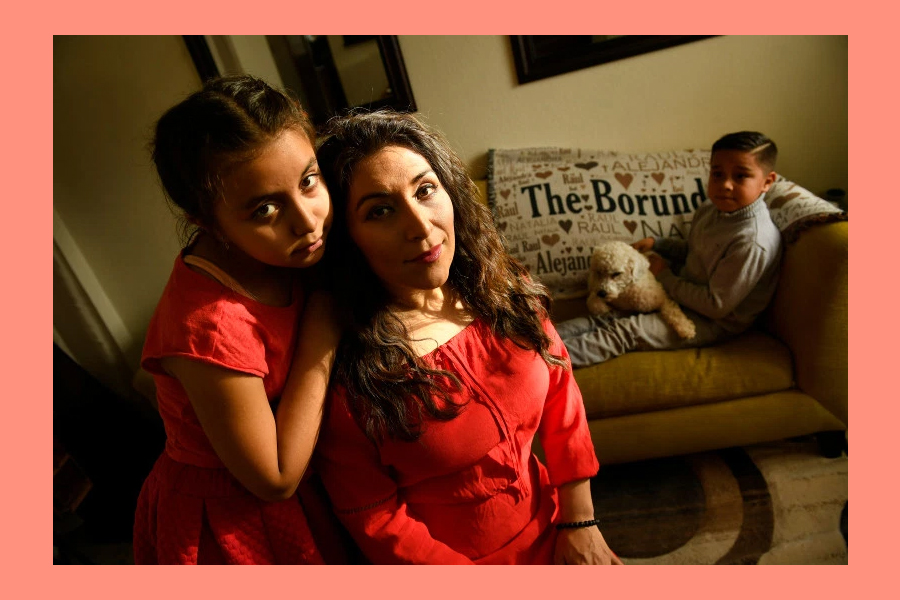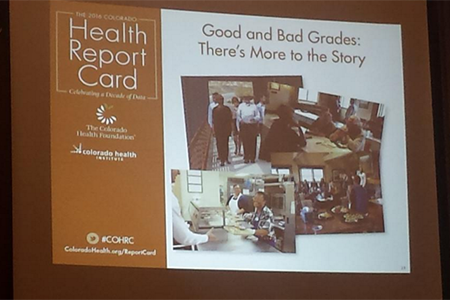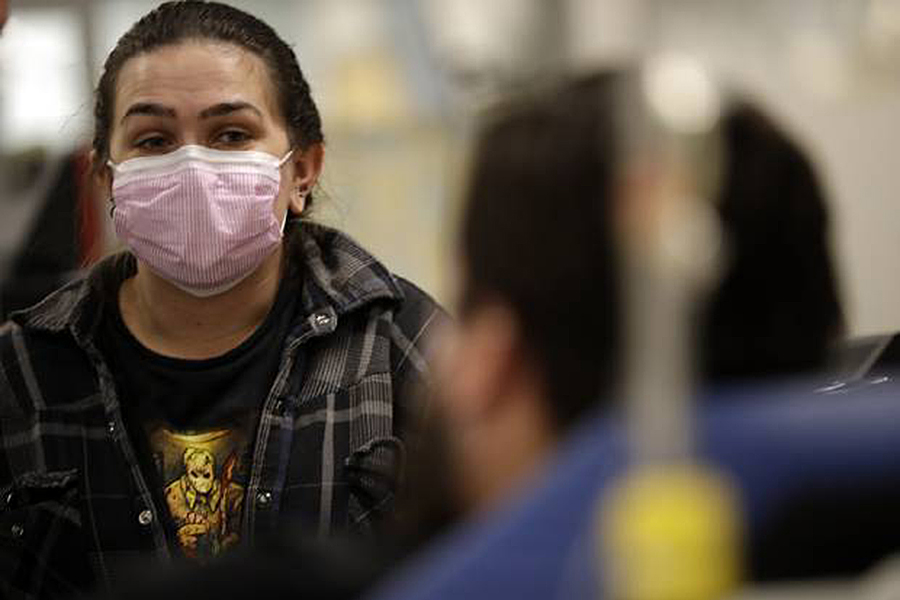By John Ingold for The Denver Post
In two months, when Alejandra Borunda’s 8-year-old son awakes screaming with one of his regular ear infections, she will pause before deciding whether to take him to a doctor.
In two months, when Borunda’s 11-year-old daughter asks about the braces the orthodontist has said she needs, Borunda will try to turn the conversation elsewhere.
“My daughter is only 11 years old, and she is worried about insurance coverage,” Borunda said. “I don’t think this should affect children.”
“This” is the ongoing debate on the structure of the nation’s health care system and the role of insurance. After a summer spent battling over Medicaid and the Affordable Care Act, the debate has now shifted to the Children’s Health Insurance Program, or CHIP, which provides coverage for the young ones in families that make just enough to be above the cutoff for Medicaid. Federal funding for the program officially expired last month.
Colorado’s version of the program is called the Child Health Plan Plus, or CHP+. The state spends about $185 million per year on CHP+, according to a report by the Colorado Department of Health Care Policy and Financing, and nearly 90 percent of that money comes from federal funds given to the state. The program also charges some enrollment fees and copays.
Without renewal from Congress, Colorado has enough money to run CHP+ until the end of January, said Marc Williams, a spokesman for Health Care Policy and Financing.
But, starting Monday, Williams’ department will begin sending letters to every family covered under CHP+, notifying them that their kids’ health insurance could end Jan. 31 and advising those families to begin lining up alternate coverage now. In two more weeks, if Congress still hasn’t acted, Williams said the department will begin sending out official notices of the program’s cancellation.




















